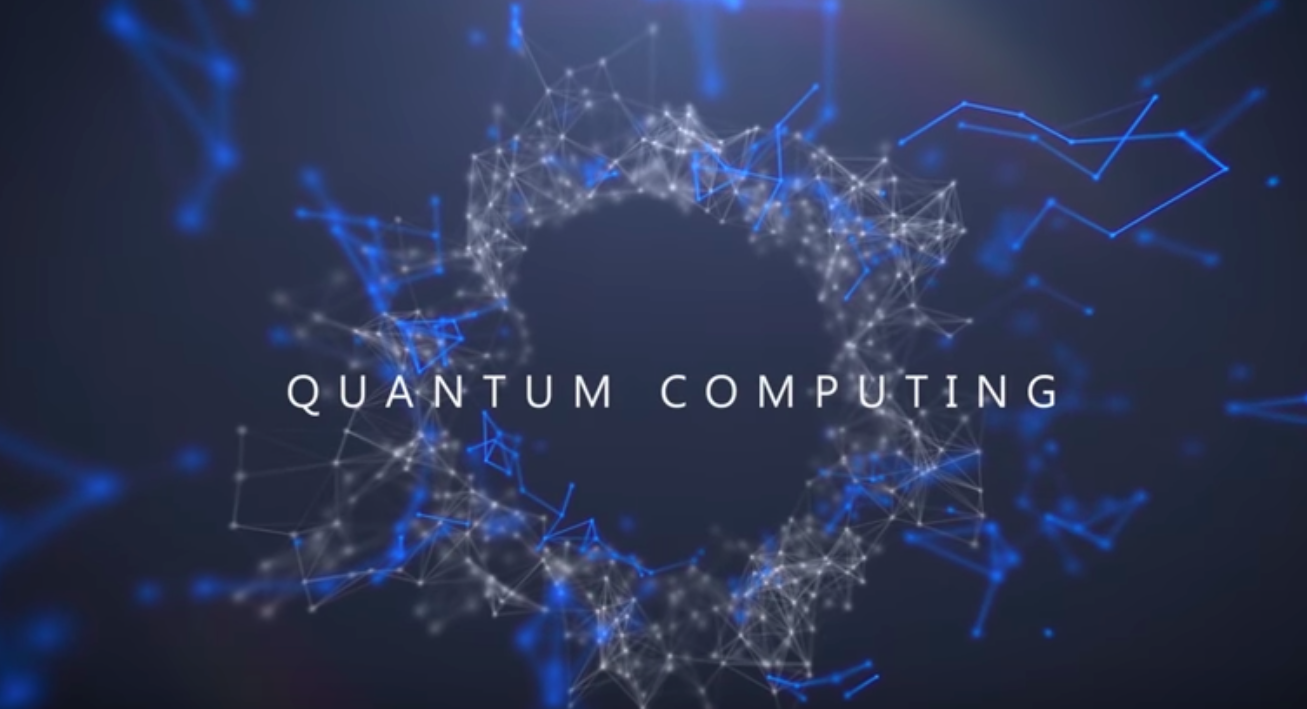By Chuck Brooks
2022 was a transformative year for technology innovation and digital transformation. The trend will continue as the pace of development of potentially disruptive emerging technologies increases exponentially each year. The question arises: what’s next for technology for us to learn and experience in 2023?
While there are many impactful technology topics such as the Internet of Things, 5G, Space, Genomics, Synthetic Biology, Automation, Augmented Reality and others, there are four areas of technology to keep a close eye on this coming year as they hold promise and capabilities. short term to transform lives.
They include: 1) Open AI, 2) Artificial Intelligence, 3) Cognitive Computing and 4) Quantum Computing.

Ever since the HAL2000 computer and producer Stanley Kubrick provided a glimpse into AI’s independent (if nefarious) ability to think, we’ve been waiting with bated breath for the rise of artificial intelligence. We are now close to AI far beyond fiction.
The elements that make up AI consist of machine learning and natural language processing and are now part of our everyday lives. Today, AI can understand, diagnose and solve problems – in some cases without being specifically programmed.
The focus and challenges of artificial intelligence are clear. AI systems seek to replicate human characteristics and computational capabilities in a machine, in addition to overcoming human limitations and speed.
It’s already happening. Artificial synapses that mimic the human brain are likely to drive the next generation of computing. The components can differ, they can be analogue or digital and can be based on transistors, chemical, biological or possibly quantum components.
Computers with AI were predominantly designed for automation activities that include memory emulation, speech recognition, learning, planning and problem solving. AI technologies can provide more efficient decision-making when prioritizing and acting on data, especially in larger networks with many users and variables.
In the very near future, AI will change how we do business, plan, and design. You can see it now. AI is already a catalyst for driving fundamental change in many industries, such as customer service, marketing, banking, healthcare, business accounting, public safety, retail, education, and public transportation.
OPEN AI AND CHAT GPT
Elon Musk’s Secret Project – OpenAI will change the world. It can potentially make biased engines like Google search and Wikipedia obsolete.
While everyone is talking about Twitter, Musk has launched the most groundbreaking technology of all time
Elon Musk has become famous for pushing the boundaries of space exploration, satellite technology, electric cars, and now Twitter.
DALL-E, another OpenAI application, showed the ability to create images from basic instructions.
The notion of AI writing its own code, creating its own languages is intriguing and potentially alarming.
Another very exciting area of potential advancement for AI is the human/computer interface that will enhance the capacity and memory of the human brain. Science is already making great strides in the brain/computer interface.
This could include neuromorphic chips and brain mapping. Brain-computer interfaces are formed through emerging devices with implantable sensors that record electrical signals in the brain and use these signals to trigger external devices.
ARTIFICIAL INTELLIGENCE
A brain-computer interface can read thoughts. This is done when an ECOG electrode pad is placed in direct contact with the brain’s surface to measure electrical activity.
A Frontiers in Science publication involving collaboration from academics, institutes and scientists summarized the promise of the human-computer interface. They concluded that “we can imagine the possibilities of what might come next with the human brain-machine interface.”
A human B/Cl (Brain-to-Cloud) system mediated by neural nanorobotics could empower individuals with instant access to all of the cumulative human knowledge available in the cloud and significantly improve human learning capabilities and intelligence.
Furthermore, it can transition from fully immersive virtual and augmented realities to unprecedented levels, enabling more meaningful experiences and fuller/richer expression for and between users.
And with the emergence of all technologies comes the merging of how they can work together. Artificial intelligence is undoubtedly one of the main catalysts involved in capacity improvement, especially in computing.
COGNITIVE COMPUTING
The computing world has witnessed seismic advances since the invention of the electronic calculator in the 1960s. The last few years in information processing have been especially transformative in our hyper-connected world.
Futurist Ray Kurzweil said that humanity will be able to “expand the scope of our intelligence a billion times” and that “computing power doubles, on average, every two years. Recent discoveries in physics nanotechnologies have brought us into a reality of cognitive computing that we could not have imagined a decade ago.
What is Biological Computing? Biological computing is the advanced science of using biological products to perform actions that would traditionally be done using components such as copper wire and fiberglass.
Common biological components used in these studies include amino acids and DNA. Computational functions can be performed by manipulating natural chemical reactions found in these substances (computerhope.com).
In the future, biocomputers may be stored in the DNA of living cells. This technology could store almost unlimited amounts of data and allow biocomputers to perform complex calculations beyond our current capabilities.
QUANTUM COMPUTING
Civilization is now following in the footsteps of quantum computing. It will be able to deliver unprecedented computational speed with predictive analytics to solve problems.
Quantum technology, which uses the unique characterizations of subatomic particles to process data inputs, is likely to revolutionize everything from cybersecurity to real-time analytics.
Quantum computing can be targeted and augmented through artificial intelligence, operate in a 5G or 6G framework, support the IoT, and catalyze materials science, biotechnology, genomics, and the metaverse.
With information from Forbes

